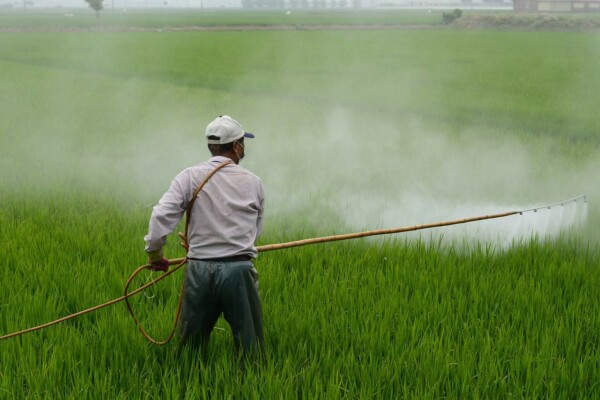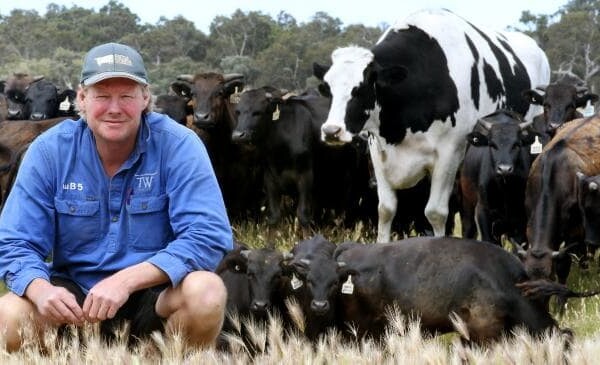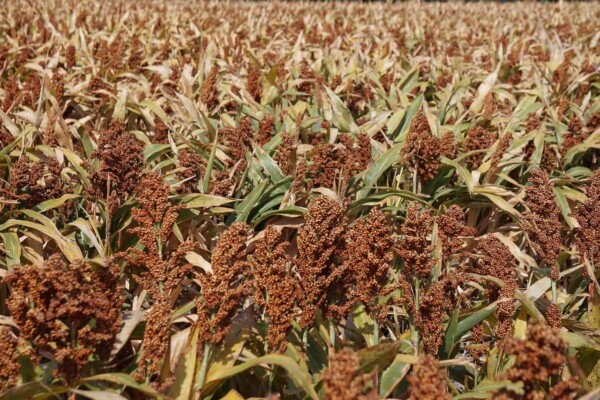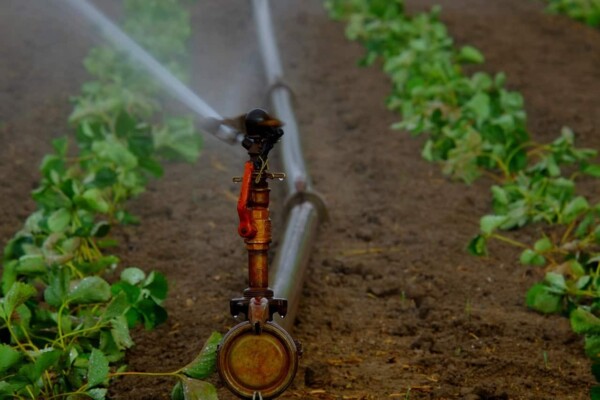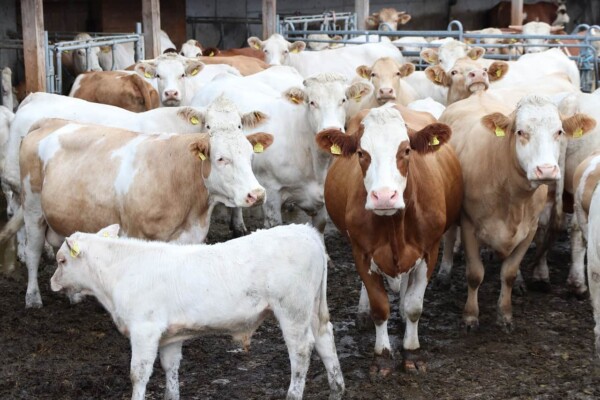
Monsanto was forced to pay $289 million in compensation to a former gardener claiming to have cancer because of an herbicide produced by the company, reports CNN.
The case of Dewayne Johnson, a former gardener in a school, was the first to judge in court that Roundup, the glyphosate-based herbicide causes cancer. Monsanto, a unit of Bayer AG, faces over 5,000 similar processes in the United States. The jury at the Supreme Court in San Francisco, California, deliberated for three days before finding that Monsanto failed to warn Johnson and other consumers about the risks of cancer caused by its insecticide. The court has ruled that Monsanto has to pay Johnson $39 million in compensation and punitive damages of $250 million.
Monsanto denies the allegations
Monsanto’s representatives have declared that the company will attack the verdict. Monsanto denies that glyphosate, the most widely used herbicide in the world, causes cancer and says decades of scientific studies have shown that the chemical is safe for human use.
Monsanto has always denied that their products are carcinogenic. They relied on various reports to spark confusion, succeeding in gaining farmers’ support who even complained that the law prohibits Monsanto herbicides too soon. It should be noted that these products have caused a European directive and several domestic laws of EU member states (including France and Germany) that banned glyphosate, the basic chemical compound of this herbicide.
Following the verdict in this case, Financial Times observed a fell in Bayer shares: -10% on Monday, August 13, 2018, amid the fear of shareholders that Monsanto will be forced to pay many other such damages because of cancer allegations.
Bayer AG recently bought Monsanto with about 63 billion euros, so time will tell if this acquisition was worth it or it will cause further damage to Bayer as well.
Johnson’s case, registered in 2016, came to the attention of the public due to the severity of his cancer, now in the terminal phase, which he claims was caused by Roundup and Ranger Pro, another glyphosate of Monsanto. Johnson’s doctors said he was unlikely to live until 2020. Johnson, 46, a gardener at a California school, had applied the insecticide up to 30 times a year.
Dewayne Johnson was the first person to sue the agro-chemical company, accusing that the chemical sold under the Roundup brand causes cancer. The court found that Monsanto was responsible for “negligence” because they knew or ought to have known that the product was dangerous but did not warn consumers.
During the four-week trial, jurors heard testimonials from statisticians, doctors, public health researchers and epidemiologists who did not agree if glyphosate can cause cancer. The US Environmental Protection Agency concluded in September 2017 an evaluation in which it analyzed for several decades the risks of glyphosate and found that the chemical is not likely to be carcinogenic to humans. But the branch of the World Health Organization that does cancer research classified glyphosate as “probably carcinogen to humans” in 2015.
What do we know about the Roundup herbicide?
At first, Roundup was used in genetically modified soybeans and corn crops and then began to be used in wheat and oat crops in the United States and in various other countries from all over the world.
The herbicide has been used by farmers for over 40 years, but its safety has been questioned when a World Health Organization agency, the International Agency for Cancer Research, concluded in 2015 that it “probably causes cancer.”
The European Union has agreed to revise the license for 18 months pending the results of the European Chemicals Agency study that said in March 2017 that there is no evidence linking human glyphosate to human cancer.
However, the European Commission has only approved the use of the product for five years, a sufficient reason for critical voices to reiterate the dangers of using this chemical in agriculture.

